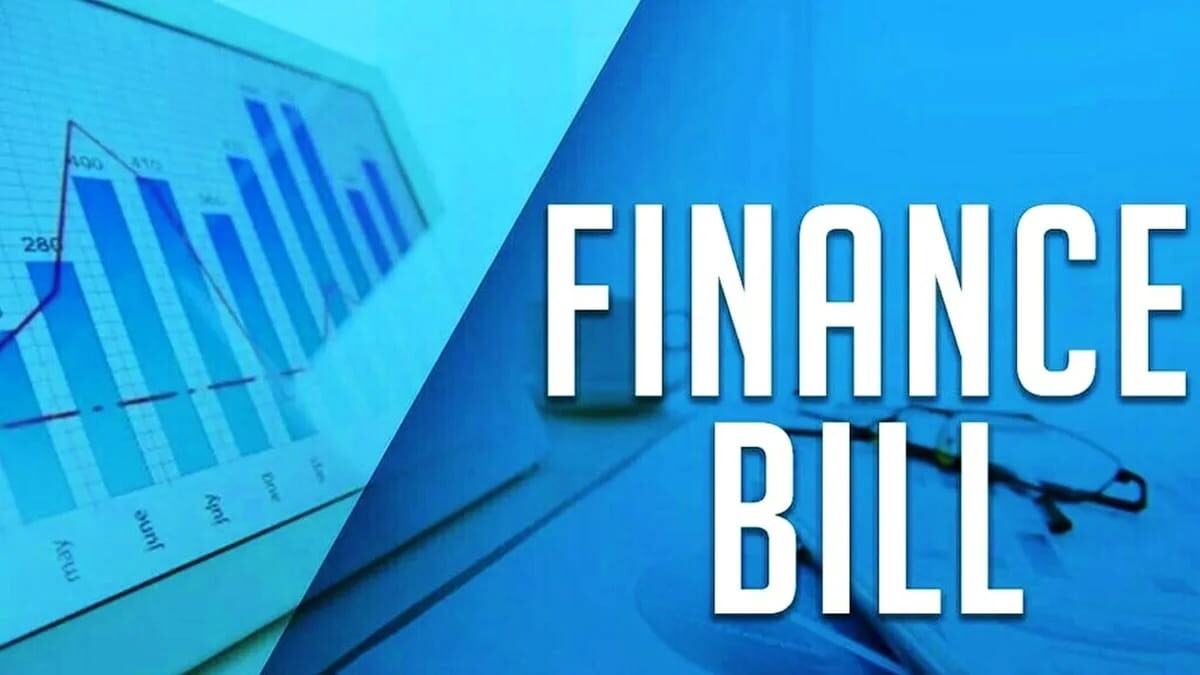The internet has been buzzing with the hashtag Reject the Finance Bill, with netizens having amped their voices, painting social media awash with posters and banners calling on Kenyans to demonstrate against the unpopular bill. Well, D-day is here and many kickstarted their day by reaffirming their commitment to showing up for the protests.
Police were poured into the Nairobi CBD with the government taking all preemptive measures to smoulder demos after they were termed unlawful. Several arrests were made even before the protests even started setting a no-nonsense tone from the onset.
So what is all the fuss about and why are politicians and activists rallying Kenyan citizens to exercise their civic duties? Here’s a closer look at the Finance bill that will further explain the situation on the ground;

A summary of the 2024 Finance Bill
Kenya’s Finance Bill 2024 introduces a range of new taxes and changes aimed at increasing government revenue but also potentially impacting the cost of living and doing business in the country.
1. Motor Vehicle Ownership Tax
A 2.5% annual tax on the value of motor vehicles, payable during insurance issuance. Exemptions include government and emergency vehicles.
2. Digital Marketplace Tax
A significant economic presence tax replacing the current 1.5% digital services tax. Non-resident businesses offering digital services in Kenya will pay 20% of their gross turnover
3. Withholding Tax on Public Supplies
A 3% withholding tax on goods supplied to public entities by residents and 5% by non-residents. This tax could lead to higher prices for supplies to offset the withheld amount.
4. Excise Duty and VAT Changes
The bill proposes increasing the excise duty on betting stakes from 12.5% to 20% and raising the excise duty on digital loans to 20%. VAT exemptions on several financial services are also set to be removed, increasing the overall tax burden on financial transactions.
5. Eco Levy
An environmental tax on certain goods like electronics, tires, and cement clinker, is aimed at covering the environmental costs of these products.
6. Infrastructure Bond Tax
A 5% withholding tax on interest earned from infrastructure bonds for residents and 15% for non-residents, previously exempt from tax.
7. Minimum Top-up Tax
This targets multinational companies with a turnover exceeding Ksh106 billion, ensuring they pay at least 15% tax on their global profits.
8. Affordable Housing and Social Health Insurance
The bill allows for contributions to the Social Health Insurance Fund and affordable housing levy to be tax-deductible, providing some relief for employees.
9. Increased Powers for the Kenya Revenue Authority (KRA)
The bill grants KRA more authority, including the ability to demand the integration of electronic tax registers (eTIMS) in invoicing and certain exemptions from data protection laws for tax collection purposes. These measures reflect the government’s effort to enhance revenue collection but have raised concerns about their potential impact on consumers and businesses due to increased costs and compliance burden
















